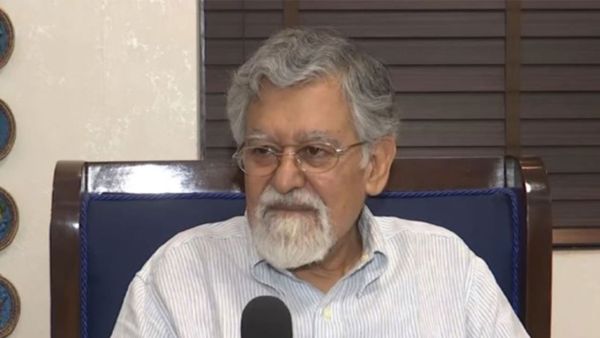
Government think tank, Niti Aayog member Arvind Virmani on Thursday emphasised the importance of addressing the concentration of critical mineral supply largely controlled by one country, leading to concerns about monopolies and the need for a competitive supply chain. "(Critical) Minerals are dispersed all over the world. But the metal supply, 80 to 90 per cent is controlled by one country. We would call that a monopoly," Virmani told ANI in an interview on the sidelines of India Mining Summit 2025 in New Delhi.

China is the world's largest producer of critical minerals, including rare earth elements, accounting for a significant portion of global supply. It became a vital concern worldwide when China restricted exports of critical minerals.
"People have got used to thinking of monopoly as a company monopoly in this new world. Think country monopolies and even regional monopolies are as important," Virmani said.
India, through initiatives like the National Critical Mineral Mission (NCMM) launched on January 29, 2025, to strengthen its domestic supply chain and reduce import dependency by increasing exploration, processing, and recycling of critical minerals for its needs.
Talking about the concentration of supply in the world, Virmani said that the whole world is worried about too much concentration of supply. "I think India is also working on these things. They're important for all of us," he said.
Virmani said that the biggest thing which is worrying the whole world is how to create the technologies.
"This has happened over a period of 25 years. I would say the whole world was sleeping, from having a 10 per cent share, one country goes to 90 per cent, and nobody was noticing this," he said.
Virmani added that, basically, the entire supply chain, including technology, has become concentrated. Now the whole world is scrambling to create new technologies. "So it's not a problem only for India. That's what I would emphasise. But we also have to do what we can to ensure that competitive supply comes up, whether it's in India or elsewhere, where there is competition. It benefits everybody except the monopolists," he said.
Speaking about the India Mining Summit, he said that it serves as a platform to identify practical problems and escalate them to the appropriate level, whether it's the Centre or the state.
On countries with which India can collaborate for sourcing critical minerals, Virmani said, “We are already collaborating with many countries. We have good relations with Peru, and it is a Latin American country that has a lot of minerals. There are African countries which are relatively unutilized or have great potential.”
Responding to Taiwan's willingness to buy India's rare earth minerals, the Niti Aayog member said, “We are not a big mineral power as such, except in a few like iron ore and so on.”
He further added that it's long been known that the monazite sands, from which titanium can be extracted, of Eastern India, have long been known. It's also in Kerala and on the East Coast.
"I guess with this renewed emphasis on rare earths, greater technological investigation and economic evaluation will happen," he said.
(Except for the headline, this story has not been edited by Asianet Newsable English staff and is published from a syndicated feed)